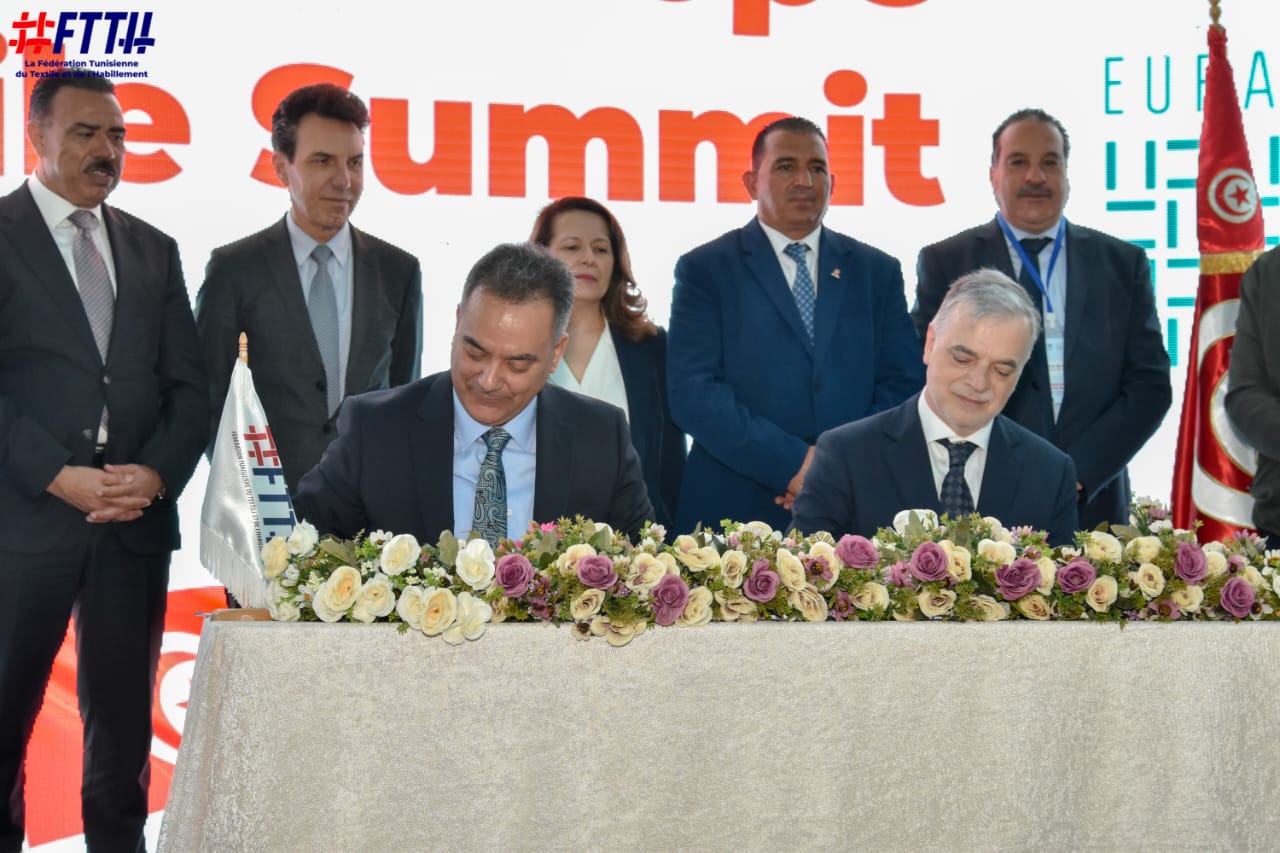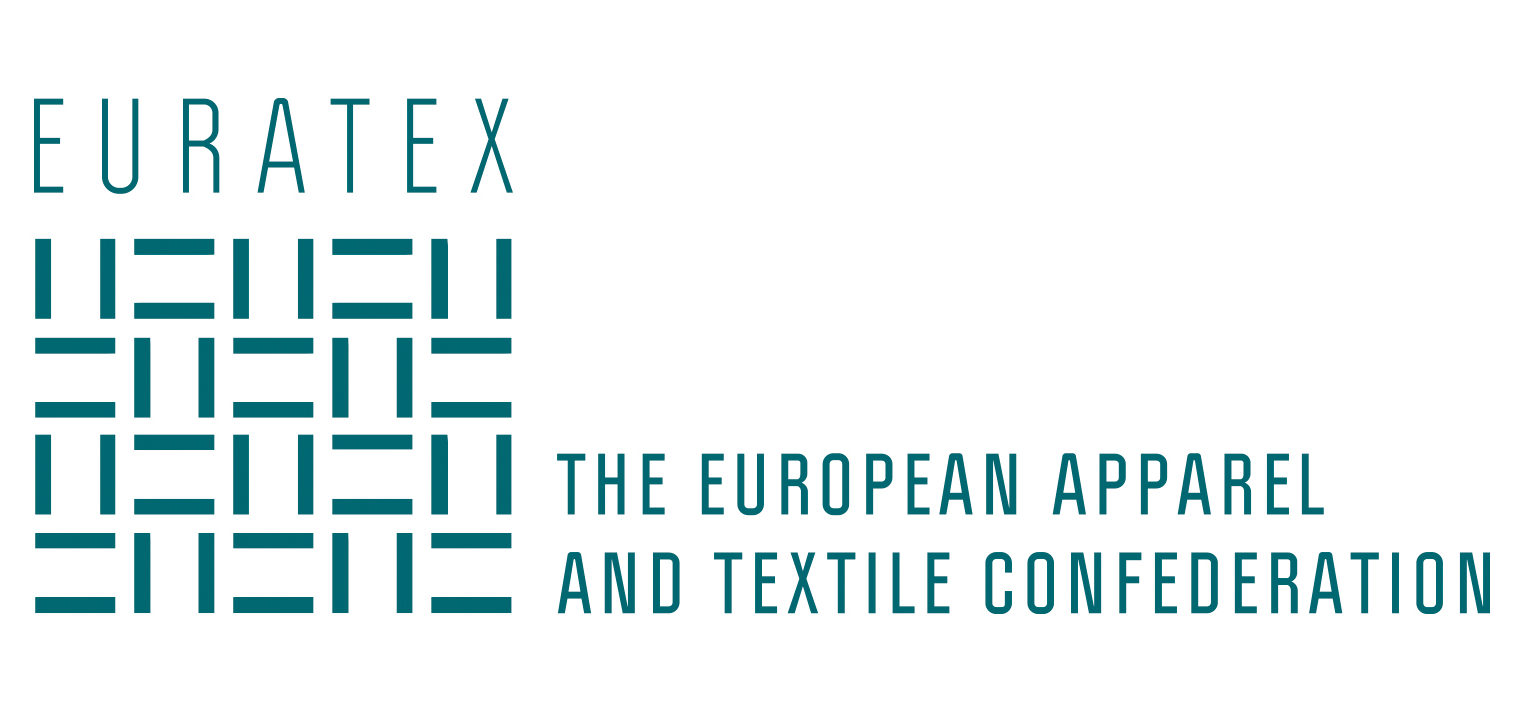
Brussels, 16 April 2025 – On Tuesday 15 April, EURATEX (the European Apparel and Textile Confederation) and FTTH (Fédération Tunisienne du Textile et de l’Habillement) formalised a new chapter in Euro-Mediterranean collaboration by signing a Memorandum of Understanding (MoU) in Monastir, Tunisia. The agreement reinforces the commitment of both parties to closer industrial cooperation, with a strong focus on sustainability, investment, and trade integration under the revised Pan-Euro-Mediterranean Convention.
The signature ceremony took place at the Monastir Technopole in the presence of senior representatives, including the Governor of Monastir, the Tunisian Minister of Industry, the EU Ambassador to Tunisia, and business leaders from both regions. It marked a significant step towards establishing a structured dialogue and actionable cooperation between two key textile industries, in the context of global supply chain shifts and increasing demand for sustainable production.
“Europe and Tunisia share a long-standing partnership. While our systems may differ, our industries are deeply complementary. In a time of regulatory transformation and increasing environmental ambitions, working together is essential,” said EURATEX President Mario Jorge Machado. “This MoU offers a practical framework to improve competitiveness, drive innovation, and reinforce the resilience of our shared textile ecosystem.”
The agreement also reflects a broader vision to revitalise and reinforce industrial partnerships across the Mediterranean. In an evolving geopolitical and economic context, Tunisia stands out as a trusted and strategically located partner. Deepening regional value chains, reducing dependency on distant sourcing, and fostering nearshoring solutions are not only economic imperatives, but also critical components of building a more sustainable and resilient European textile industry. The MoU with FTTH embodies this ambition by promoting a Mediterranean model of cooperation rooted in proximity, trust, and shared economic interests.
The Tunisian textile and apparel sector is a cornerstone of the national economy, accounting for over 160,000 jobs and more than 1,600 active companies. In 2024, Tunisia exported €2.5 billion in textiles and clothing to the EU, confirming its strategic position as a nearshoring partner. The MoU supports Tunisia’s ambition to become a modern, circular and competitive textile hub, while encouraging investment and industrial synergies with European partners.
As the European textile sector undergoes profound transformation, reinforced cooperation with neighbouring countries like Tunisia is essential to shape a more sustainable and strategic regional supply chain.
